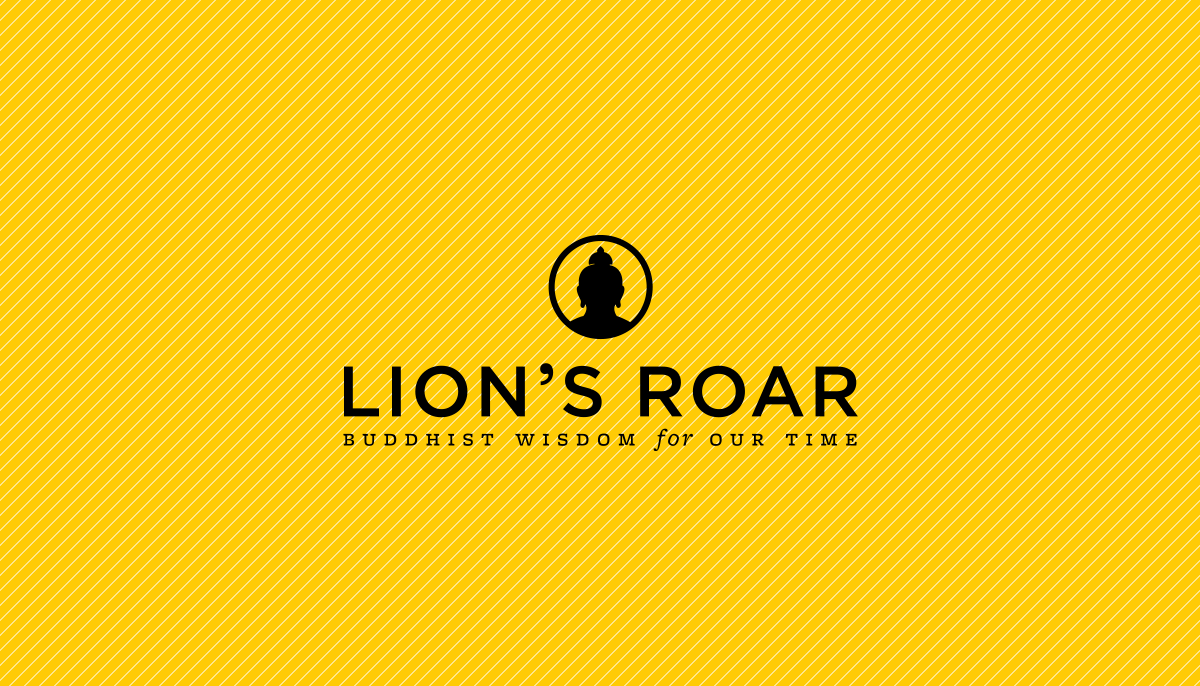Although movies and hype about Zen martial arts abound, there are very few good books available on the disciplines. Sword of Zen (Hawaii 2013) transcends cliché musings about Zen swordplay and introduces us to the world of one of Japan’s most renowned Zen sword masters, Takuan Soho (1573–1645). Along with an informative introduction and biographical sketch of Master Takuan, the book includes translations of two of his most important works on Zen swordsmanship. Author and translator Peter Haskell describes the texts in translation as “user manuals” for the Zen mind. Written to illuminate the principles of Zen through the warrior’s art, they guide the practitioner through combat situations as well as daily life. For instance, Master Takuan demonstrates how a swordsman must move swiftly through a succession of attacks in battle without getting stuck on any one attacker or interrupting the flow of nonthought, and how this exemplifies the spontaneity and responsiveness that is embodied by the Zen mind.
In 1981, Matthieu Ricard received the transmission of Jamgön Kongtrül’s massive anthology, The Treasury of Spiritual Advice, from his teacher, Dilgo Khyentse Rinpoche. The text, which presents pith teachings of the eight practice lineages of Tibetan Buddhism, served as an inspiration to Ricard for his latest book, On the Path to Enlightenment (Shambhala 2013). This collection of heartfelt advice from both premodern and contemporary Tibetan masters of the eight lineages is arranged according to themes along the Vajrayana path, such as contemplating the inherent unsatisfactoriness of samsara, giving up suffering, taking refuge, cultivating compassion, following a spiritual master, understanding the nature of mind, and overcoming inner demons. Advice from the masters, including Shabkar, Atisha, Gampopa, and the Fourteenth Dalai Lama, is straight to the point, sometimes even jolting, while each translation is presented in its full elegance.
Trauma is not something most people immediately associate with, says Mark Epstein, a psychiatrist and leading author in the field of Buddhist psychology. However, the developmental trauma of emotional pain that Buddhist teachings describe as dukkha is an experience that all human beings share. In The Trauma of Everyday Life (Penguin 2013), Epstein says instead of avoiding past trauma, we can harness it as a powerful tool for psychological transformation. He uses the example of the death of the Buddha’s mother during his childbirth, which he says was a major influence in the Buddha’s life and helped set him on the path to enlightenment. Epstein also draws on other stories from the life and discourses of the Buddha, as well as from Buddhist psychology, Western therapeutic theories, and new research and case studies as he seeks to demonstrate how our pain connects us to the world in a more fundamental level, bringing valuable opportunities for insight and healing.
Dzogchen traces its lineage in Tibet from the Indian master Vairotsana, who traveled to the land of Orgyan to receive transmission of these special teachings before bringing them to Tibet. Original Perfection (Wisdom 2013) is a translation by Keith Dowman of the five texts that make up this earliest transmission. Known in the Dzogchen tradition as Vairotsana’s Five Early Transmissions, these texts are deeply poetic, expressing themselves as if the nature of mind were communicating in verse. The first text, The Cuckoo’s Song of Pure Presence, only six lines long, is presented as the primordial Buddha Samantabhadra singing the Dzogchen precepts of spontaneity and perfection like a magical cuckoo bird. Throughout the verses, other voices of timelessness chime in to point the ordinary discursive mind to its original state of awareness. Dowman’s commentary interspersed between each verse aids readers in contemplating these beautiful Dzogchen texts.
The Great Secret of Mind (Snow Lion 2013), also translated by Keith Dowman, is an introduction to the scope of Buddhist practice according to Dzogchen. Written by the contemporary Nyingma master Tulku Pema Rigtsal, a lineage holder of the Dudjom Tersar who was schooled in Tibet, the book is an unusual blend of classic teachings presented for a modern audience. Arranged according to view, meditation, and conduct, with a discussion of the four intermediary bardo states, the teachings fuse a Mahayana approach to spirituality with the view and vocabulary of Dzogchen. In presenting instructions on the practice of nonduality, Tulku Pema Rigtsal shares anecdotes about his trips to Hong Kong and even discusses Michael Jackson, which helps bridge the traditional teachings for Western readers.
In The Shambhala Principle (Harmony 2013), Sakyong Mipham recounts exchanges with his father, the late Vidyadhara Chögyam Trungpa Rinpoche, which shed light on key elements of the Shambhala teachings, such as basic goodness and enlightened society. In one instance, the Sakyong recalls asking his father how to take his training forward, to which his father responded that he should learn how to host a dinner and have a conversation. The next evening when the two of them sat down together at the dinner table, the Sakyong became vividly aware of their laughter, silence, glances, and talk. He remarks how these seemingly mundane gestures were in fact exchanges that he has come to understand as the very foundation of an enlightened society. Although filled with recollections and heartfelt memories, the book is not a memoir but rather a conversation between a father and son about the principles of Shambhala. One could see this as much as a tribute to Trungpa Rinpoche as a transmission of these poignant teachings.
In Nothing Is Hidden (Wisdom 2013), Barry Magid, a psychoanalyst and dharma successor to the late Charlotte Joko Beck, examines koans through the lens of psychoanalysis and presents them as tools for therapy. Chapters explore psychological mechanisms such as idealization, denial, traumatic disassociation, and depression, and how Zen stories and koans can be used as a “metaphorical way to engage the splits in our psyche.” Koans are interspersed throughout the book to demonstrate their relevance in understanding psychological issues, threading together wisdom from two profoundly different traditions to better illuminate and heal the wounds of our psyche.
Focusing on “the dimension of spirituality itself,” The Essence of Mind (North Atlantic 2013) by Jes Bertelsen offers a training system of wordless prayer and meditation derived from the Dzogchen tradition. The author is a Danish teacher who has been teaching philosophy and meditation since the 1970s, with particular emphasis on adapting Dzogchen practices to a Western cultural form and the experiential investigation of consciousness. The book is divided into a discussion of methods of meditation, principles of training, and how such training permeates daily life. While topics such as the need for a spiritual teacher and preconditions for embarking on the path of spirituality are included, the text is largely concerned with describing the ebbs and flows of consciousness, including how dream and sleep can become integral to meditation practice.
The Essential Dogen (Shambhala 2013) is the fifth book project by the San Francisco Zen Center focusing on the works of Eihei Dogen (1200–1253), the founder of Soto Zen. Skillfully edited by Kazuaki Tanahashi and Peter Levitt, the book is a single volume of selected writings from the enormous body of Dogen’s collected works. His poetry, dialogues, and great elucidations on meditation are arranged by categories, including practice instruction, history, philosophical view, and expression. While there is no substitute for experiencing Dogen through his masterpiece, Treasury of the True Dharma Eye (Shobogenzo), this latest collection serves as an excellent handbook for studying the essential points of the Zen master’s core teachings.

